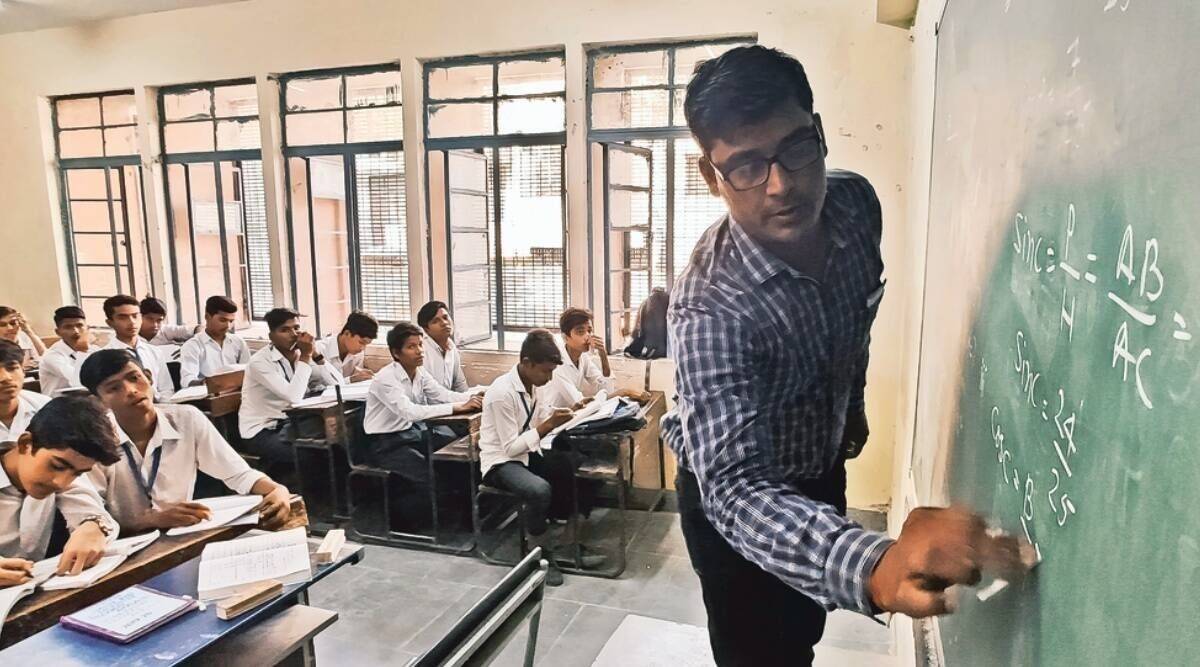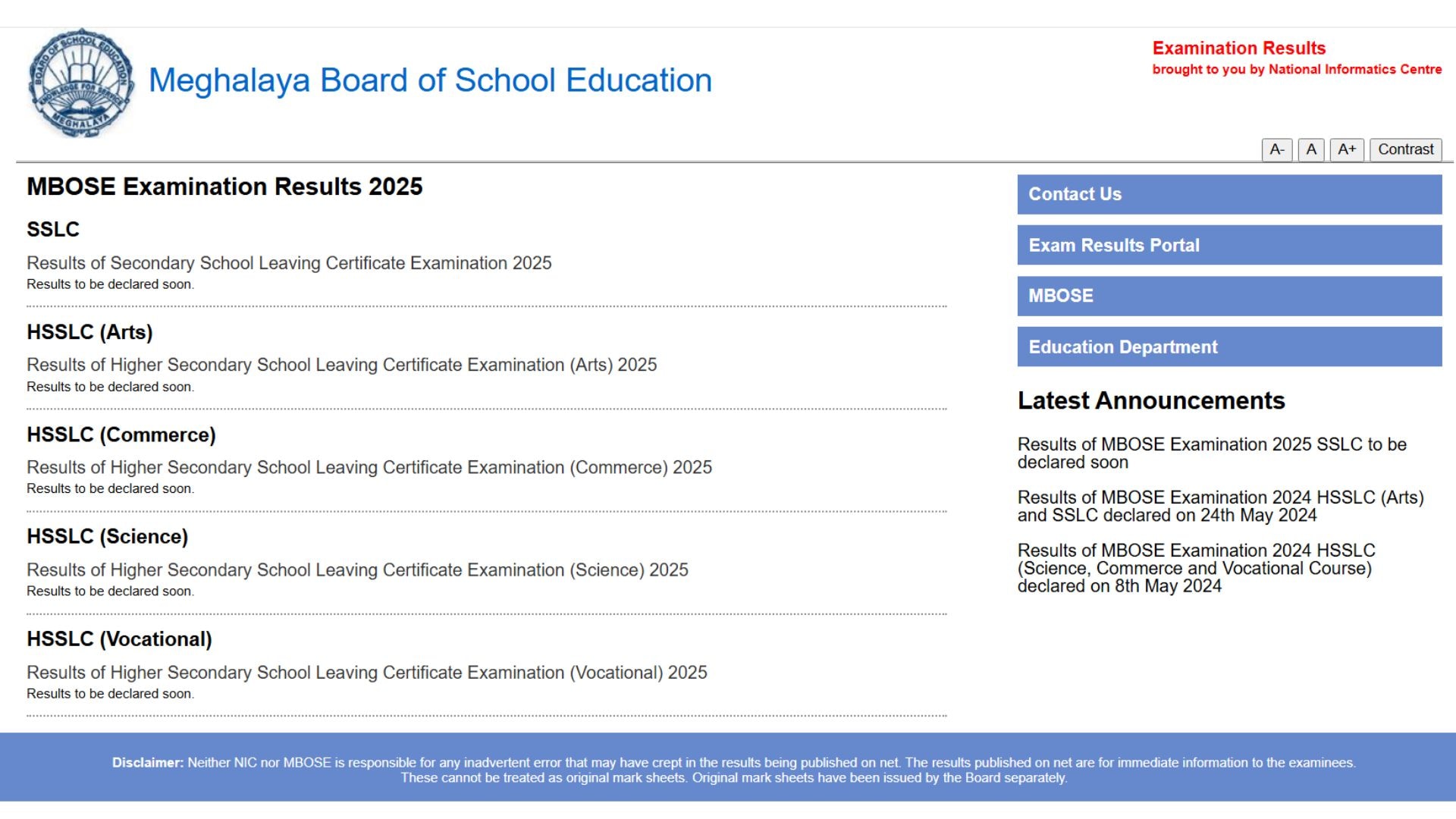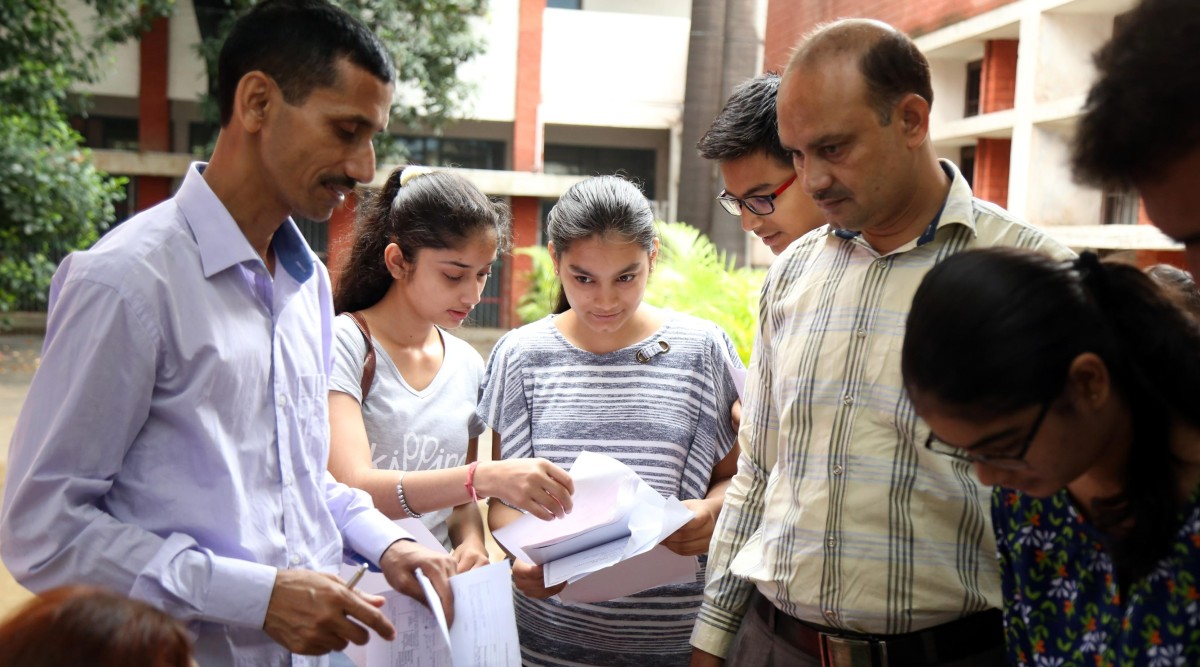In an effort to impart ‘Bharatiya’ knowledge, Karnataka’s position paper on National Education Policy (NEP)-2020, titled ‘Knowledge of India’ proposes chapters in textbooks on Hindu kingdoms, Ayurveda, women who fought for freedom and foreign invaders, genocides of Hindus, concept of 27 ‘nakshatras’ to track the position of the Moon, among other topics.
The paper also strongly opposes the translation of Indic names into Roman and English language while proposing to have school syllabi in line with the “Bharatiya dharma parampara”. “It is recommended that at places where Indic terms have to be used, let them be as such without translating them into English. For instance, it is a common practice to replace ‘dharma’ with ‘religion’,” the paper reads.
The paper highlights the inadequate coverage of the ‘genocide’ of Malabar Hindus, Maharashtrian Brahmins and Kashmiri Hindus in the textbooks, which, it says, are being written from the perspective of the invaders and the colonisers. It also proposes chapters on women of valour from history, including Queen Rudramadevi, Rāṇi Abbakka Chautā, Keḷadi Chennamma, Ahilya Bai Holkar, Belawadi Mallamma and Onake Obavva.
The paper also stresses on giving more space to chapters on Hindu kingdoms, such as Marathas, Cholas, Kasmira dynasties, Kalingas, Gangas, etc., while underlining that the education policies in the “garb of secularism” have ignored the achievements of “our ancestors”. It strongly recommends introducing ‘philosophy of Ayurveda’ in schools, along with Siddha and Unani system of medicine. Some of the topics recommended in this subject are: Perspectives from Āyurveda, daily and seasonal regimens, suppression of natural urges, prenatal and postnatal care, etc.
The position paper also seeks to “trim down the Eurocentric concepts” of science, history, mathematics and instead prioritise ancient India’s contribution in the said fields.
The paper recommends including concepts related to economics from texts like Arthaśāstra, Mahābhārata (Śāntiparva), Rāmāyaṇa (Kaccit-sarga) etc. “In civics, selected concepts from Adhyakṣapracāra and Dharmasthiya of Arthaśāstra can be added in this course; in biology, Pañca mahābhūta, tridoṣa theory, development of embryo, six rasa-based classification of food, concept of disease, etc. can be added,” the paper reads.
The paper, however, has come under flak from various social groups for the alleged “unscientific claims”.
Head of Karnataka’s NEP task force, Madan Gopal, however, defended the position paper, terming it an “introduction to multidisciplinary education and based on Indic-driven approach”. “The concept of 27 nakshatras to track the position of the Moon and other claims on the celestial bodies are based on Indian astronomy. Movement of the planets and the solar system based on Indian astronomical calculations is far more accurate than the Roman calendar. Moreover, these position papers are just proposals. There are two more position papers are undergoing peer review.”
MK Sridhar, member of the NEP 2020 drafting committee, said, “Curriculum all these years included a lot of lopsided and imbalanced study material. Now, we are ensuring that study material based on Bharatiya values and the stories of genocide of Hindus will be prioritised to strike a balance.”
All India Save Education Committee (AISEC), formed by a group of activists, in a statement, has accused the BJP (government) of “instilling Hindu pride and creating a jingoistic mind”. “It appears that this position paper falsely attributes fictitious and concocted stories to Vedic literature and belittles the real contributions of ancient India. The document prepared by the government proclaims that all world knowledge was present in Vedic texts,” said Mahesh SG, AISEC Secretary for Karnataka.
!function(f,b,e,v,n,t,s)
{if(f.fbq)return;n=f.fbq=function(){n.callMethod?
n.callMethod.apply(n,arguments):n.queue.push(arguments)};
if(!f._fbq)f._fbq=n;n.push=n;n.loaded=!0;n.version=’2.0′;
n.queue=[];t=b.createElement(e);t.async=!0;
t.src=v;s=b.getElementsByTagName(e)[0];
s.parentNode.insertBefore(t,s)}(window, document,’script’,
‘https://connect.facebook.net/en_US/fbevents.js’);
fbq(‘init’, ‘444470064056909’);
fbq(‘track’, ‘PageView’);





